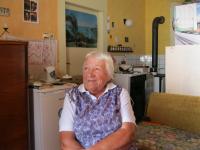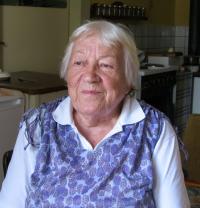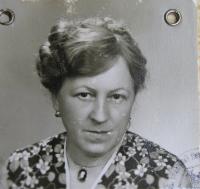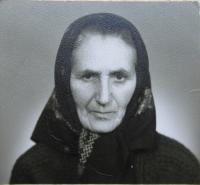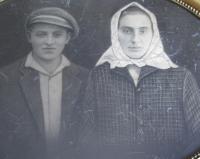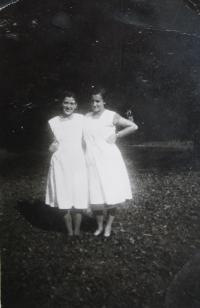Alone with three daughters amidst a Europe at war
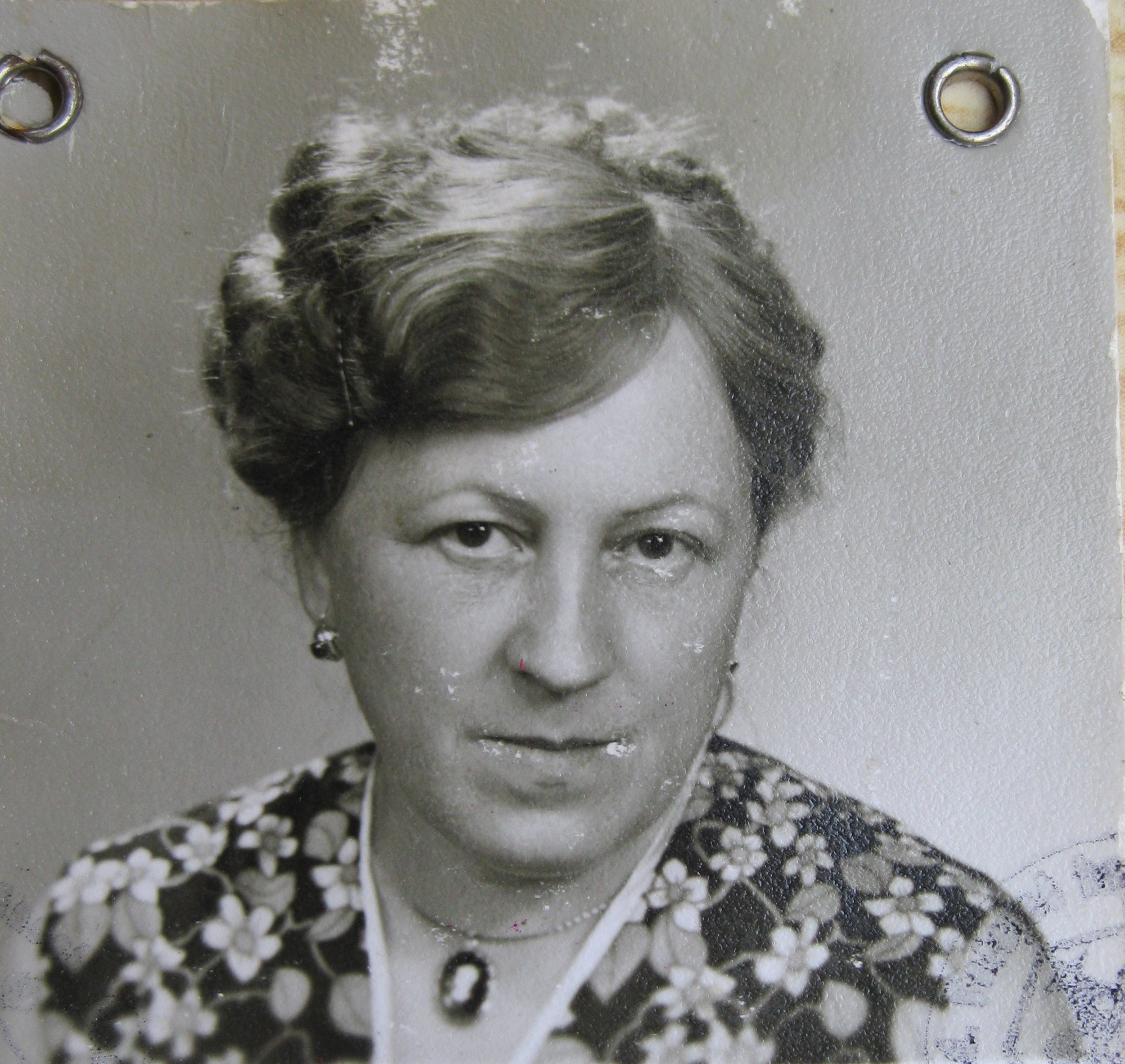
Download image
Anna Sedláčková, née Pohančeníková, was born in 1929 in Malesice nearby Pilsen. Shortly before the war - in 1937 - her father, Pavel Meděra, died and her mother Magdaléna Válková stayed all alone with three daughters. Since 1938, they had been more or less constantly on the run. First, they had to leave Český Těšín because the city was taken by the Polish army. Later, they had to run away from a drunkard farm keeper in Rohov nearby Opava. They spent most of the war time in Ratibor (Ratiboř in today’s Poland), where they witnessed a massive allied bombardment that annihilated 80% of the buildings in the town. The whole family, mother and daughters, were almost raped by a group of drunken Soviet soldiers. Fortunately, they were saved by a quick-witted Pole by the name of Franc. They spent the next few weeks muddling along Poland before they settled in Drahošance in Slovakia. After the war, the whole family moved to Šebetov near Boskovice and later to Hanušovice, where Mrs. Sedláčková still lives today.
